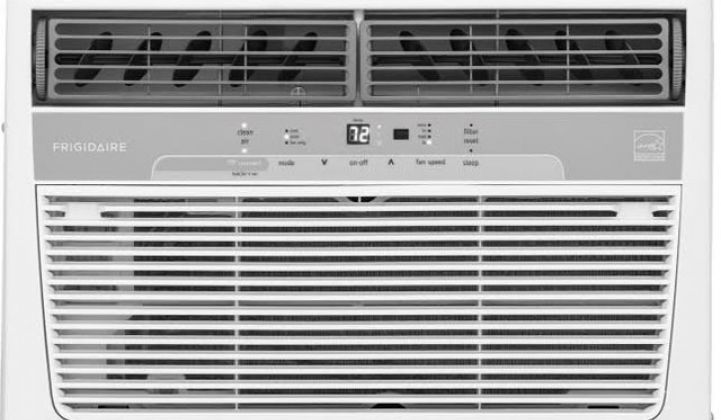ThinkEco has teamed up with Frigidaire to give customers with Wi-Fi air conditioners an opportunity to participate in demand-response programs.
To tap the growing pool of bring-your-own-thermostat programs, in which utility customers who own various types of smart thermostats are paid to have their ACs adjusted on certain days of summer, ThinkEco has been looking to marry its demand-response technology with the products of original equipment manufacturers.
Last year, ThinkEco announced it was working with Friedrich to make that company's Kühl air conditioners demand-response-ready out of the box. However, the unit retailed for nearly $800, so it is not likely to be a top choice for most of the millions of people who rely on window ACs.
Window or wall air-conditioning units still make up 58 percent of air conditioning in the U.S., according to the U.S. Energy Information Administration, although central air continues to chip away at that figure.
The Frigidaire Cool Connect air conditioner, however, retails for about $270 on Amazon. “This is significant for us, as well as for the marketplace,” said Jun Shimada, CEO of ThinkEco.
Customers who live in New York are eligible for up to $125 each summer in rebates through Con Edison’s coolNYC demand response program that taps window AC units to reduce load.
The rebate is much higher than the ones for customers who enroll in the program using just the ThinkEco smartAC kit, which is a retrofit to turn any window AC into a Wi-Fi-connected unit. Participants with the smartAC kit can receive up to $25 per summer.
In a departure from previous years, coolNYC has switched to a points-based system in which customers get rewarded for signing up and then receive points for participation in up to three events. The points can be redeemed immediately for gift cards to major retailers, instead of waiting a few months for a rebate check from the utility.
Although New York has the largest stock of window AC units in the U.S. -- a total of more than 6 million -- other regions are starting to look at window ACs as potential demand-response targets as well. ThinkEco is also working with CPS Energy in San Antonio and has conducted pilots with various other utilities, including Commonwealth Edison in Chicago and Baltimore Gas & Electric.
ThinkEco is not alone in focusing on bringing window ACs online. Other companies creating retrofit window AC controls have started to join the market, such as Tado, but the German startup has yet to try to work with U.S. utilities. Quirky has also teamed up with GE to offer a smart wall AC unit.
As smart thermostats start to make up the majority of the sales for central AC control, it may compel more Americans with window AC units to ask why they can’t also remotely control their AC from a smartphone.
Shimada is not sure that the pull from the market is there quite yet, which is why ThinkEco has not had a strong retail push to sell the smartAC kit. “We are not in the smart-home business; we’re in the utility business.”
“We’re definitely seeing a merger between the residential demand response and smart home market,” said Shimada.
As more utilities look for savings through bring-your-own-thermostat programs, which could include window ACs with ThinkEco’s technology, ThinkEco may be more aggressive in pursuing retail channels to get its technology into the hands of consumers that utilities could then tap. While utility business is the focus for ThinkEco, Shimada said the company could be looking for a bigger presence on store shelves as soon as next year.



